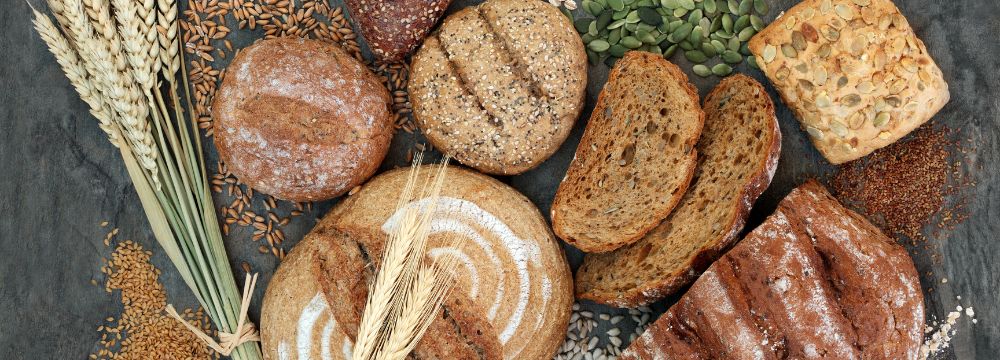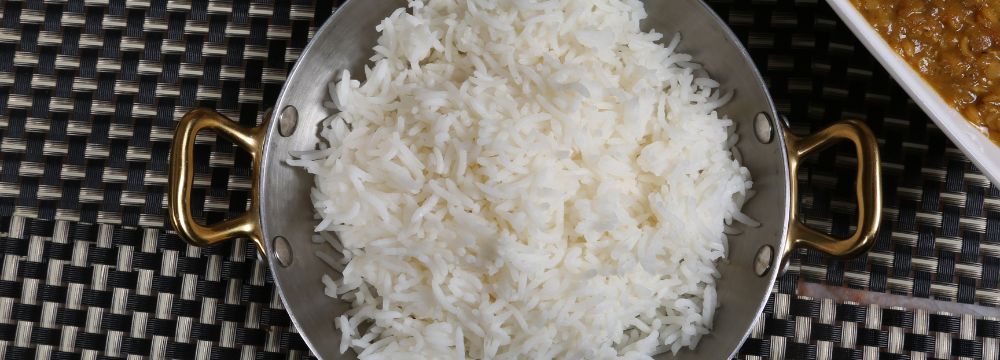After Bariatric Surgery

We often talk about the tips and tricks to stay on track after your bariatric procedure, and many involve significant changes to your life and lifestyle. While these changes are universally positive, they can be daunting for some. As such, we endeavor to help our patients with small changes that make their post-bariatric lives a bit easier. You may find it trivial, but getting enough fiber is a great way to maintain your longer-term success. It’s important to note that this applies to patients who have fully recovered from surgery and are on a solid diet. Speak to your bariatric surgeon for exact guidance on your fiber intake.
How Fiber Works
Fiber is one of the most formidable components of a healthy diet because it does so much to help your diet and your body. First, fiber is critically important for your colon health. It acts as a scraping mechanism to ensure your colon is clean and your bowel movements are regular. Second, fiber does wonders for your fullness. Think of it as the bulk that fills you up a little bit more and sends satiety signals to your brain. It has many other benefits, including helping address metabolic disease, increasing lifespan, and fighting cancer. Unfortunately, most Americans get about half the daily fiber they should.
What You Need to Remember About Fiber
While this seems like a perfect solution to your dieting plan, there are several things that you must consider when upping your fiber intake or taking a fiber supplement.
First, ensure you get your requisite protein before moving to your fiber. It can be tough to get enough protein, especially in the early days after surgery, but that is a top priority. If you’ve consumed all your protein, get your fiber through vegetables or even a supplement, if needed and directed by your doctor. Remember that many foods may contain protein and fiber, so find what you like and enjoy. For example, we are big fans of a cold lentil salad, which can help satisfy both your protein and fiber intake.
If you are upping your fiber intake, go slow to avoid discomfort. Fiber can cause bloating and discomfort, especially in bariatric patients. While it may be tempting to pile on, it often results in discomfort. If you consume too much fiber, reduce your consumption and start adding again in a few days. Now you’ll know what you can handle. Using an app to track your nutritional intake and adjust accordingly may be helpful.
Drink plenty of water. Your water consumption is doubly important if you consume lots of fiber or take a fiber supplement. Of course, you’ve also been instructed to drink plenty of water just by having bariatric surgery. Don’t ignore this essential part of fiber consumption.
Lastly, don’t believe fiber is the answer to all your eating and excess weight problems. It does not make up for poor dietary choices, nor will you feel full if your dietary and exercise plan is not well-rounded. Follow all your other post-operative instructions to give yourself the best chance of a successful postoperative journey.









